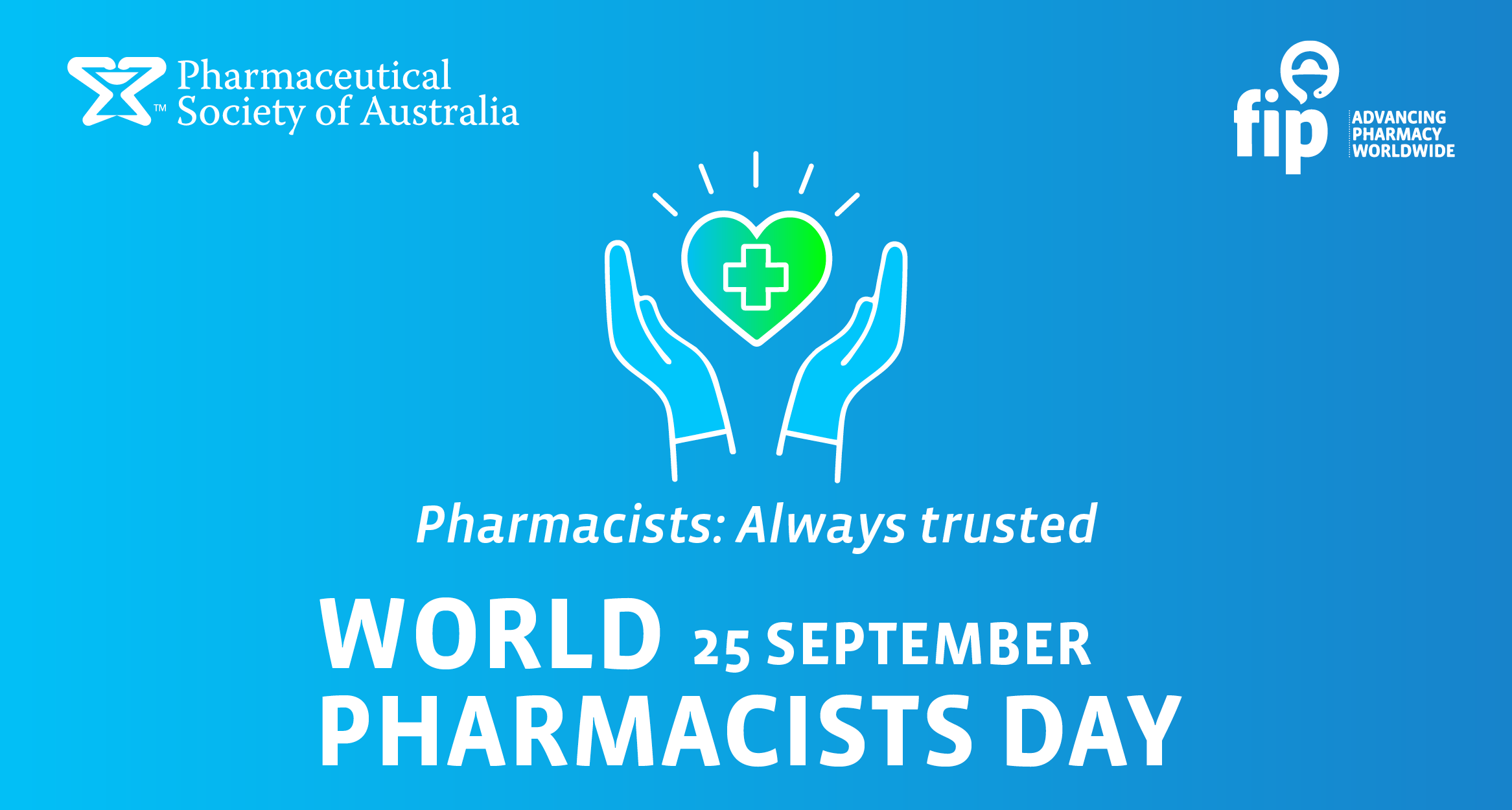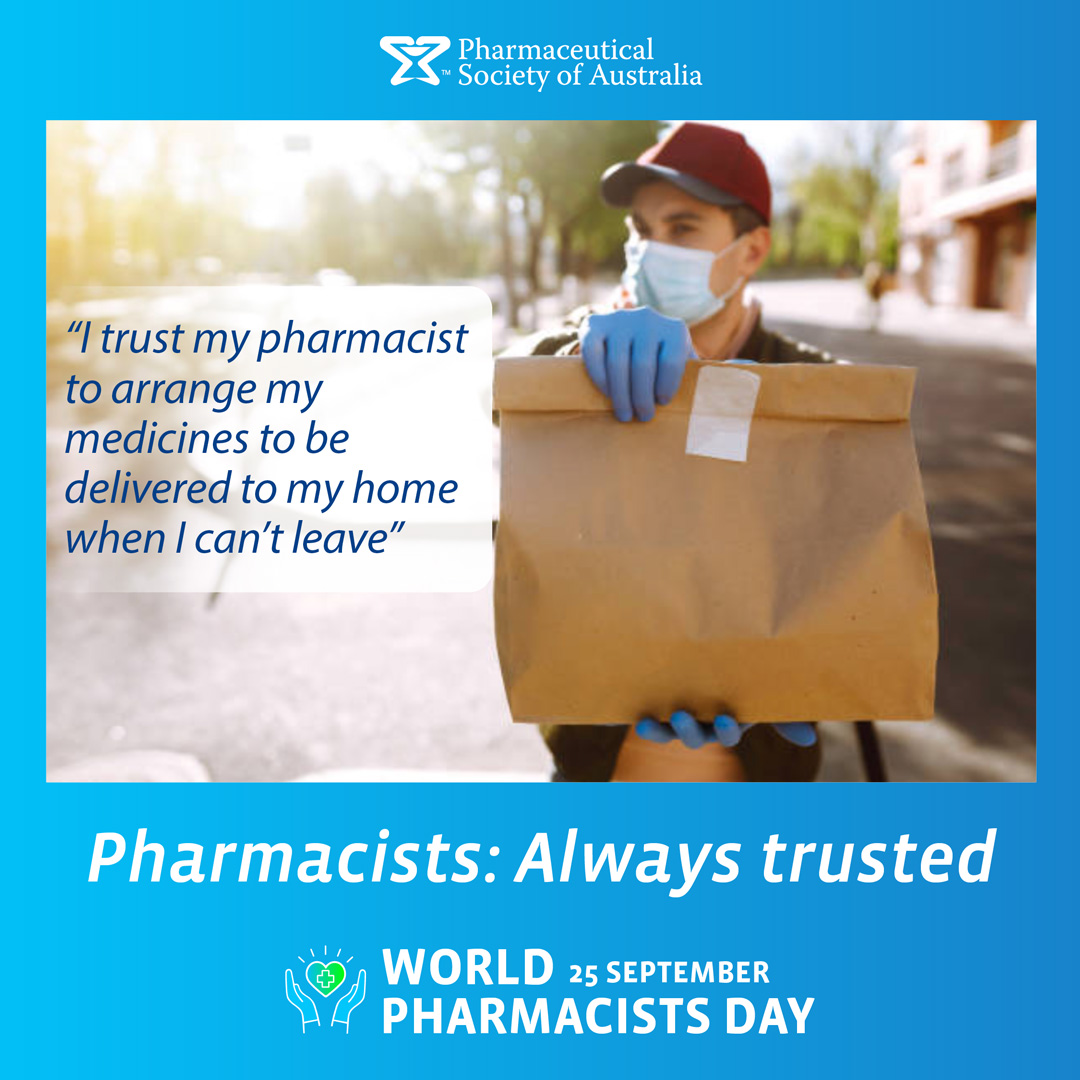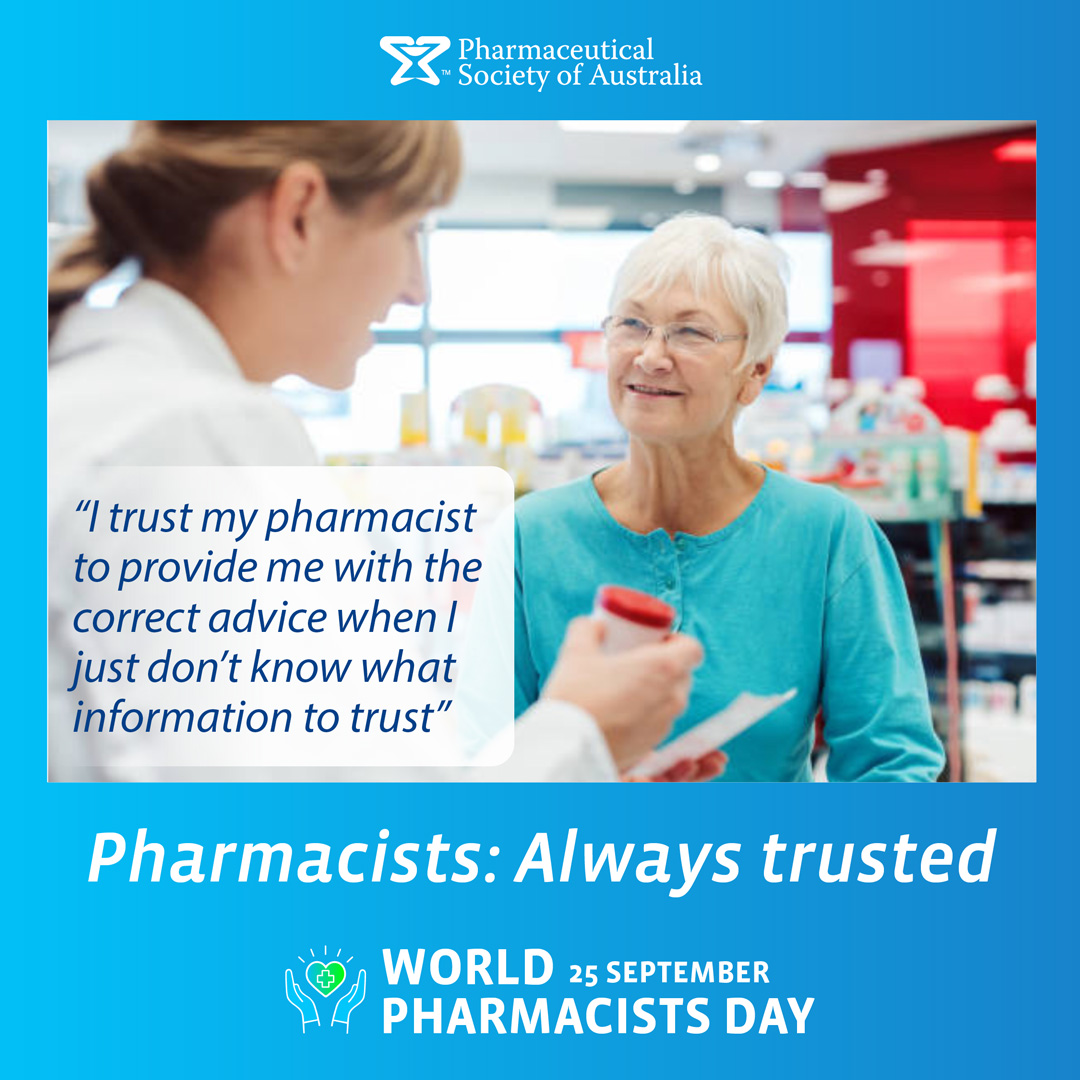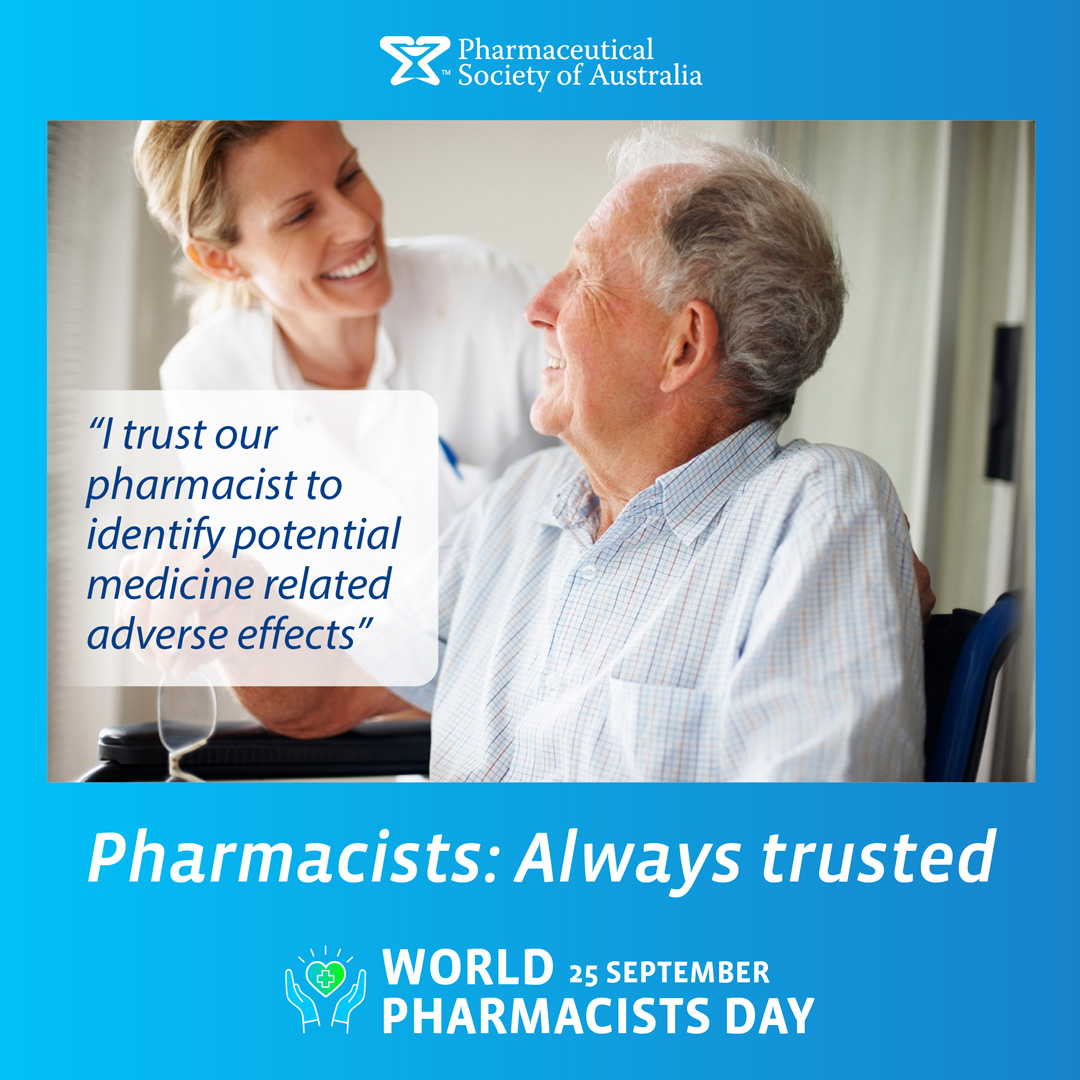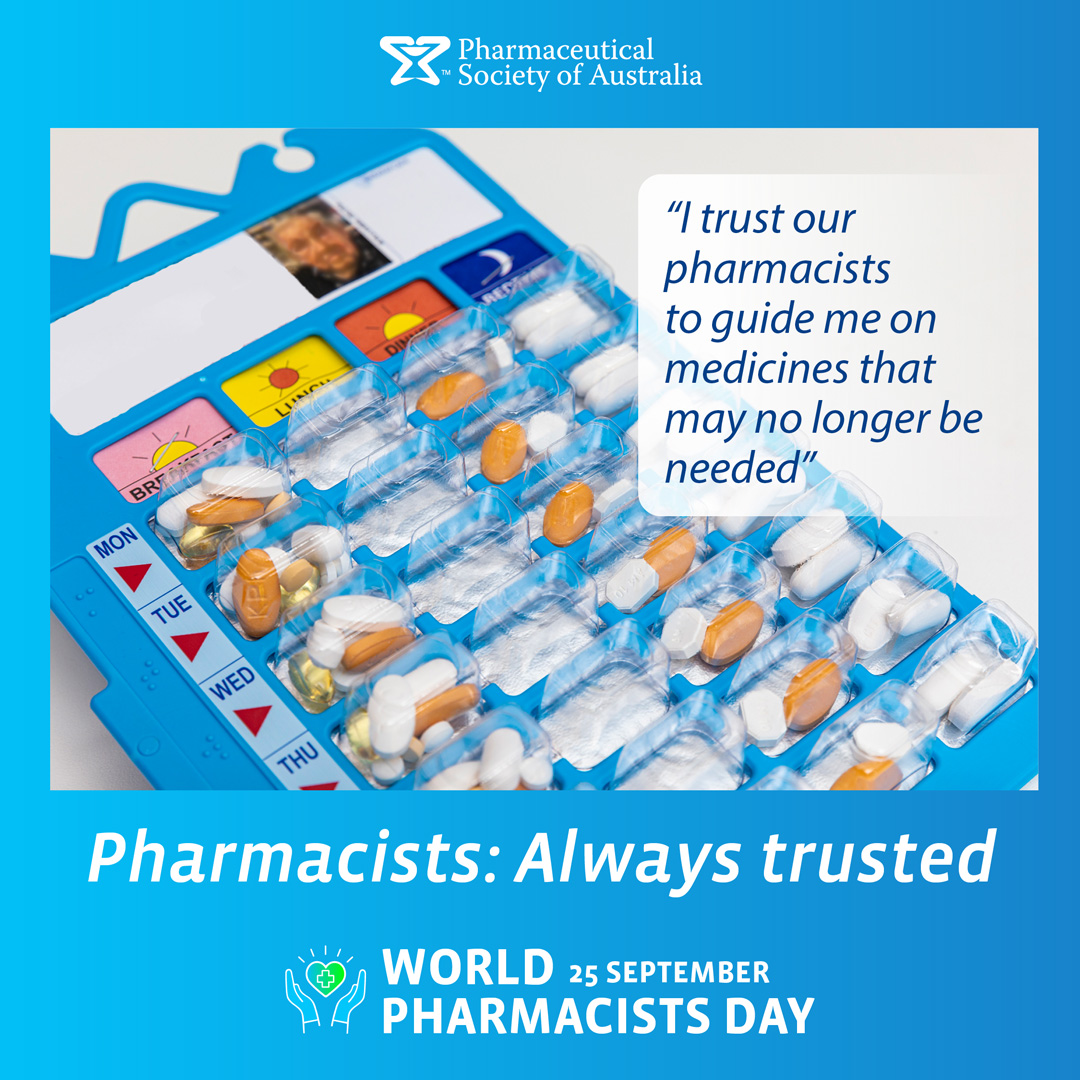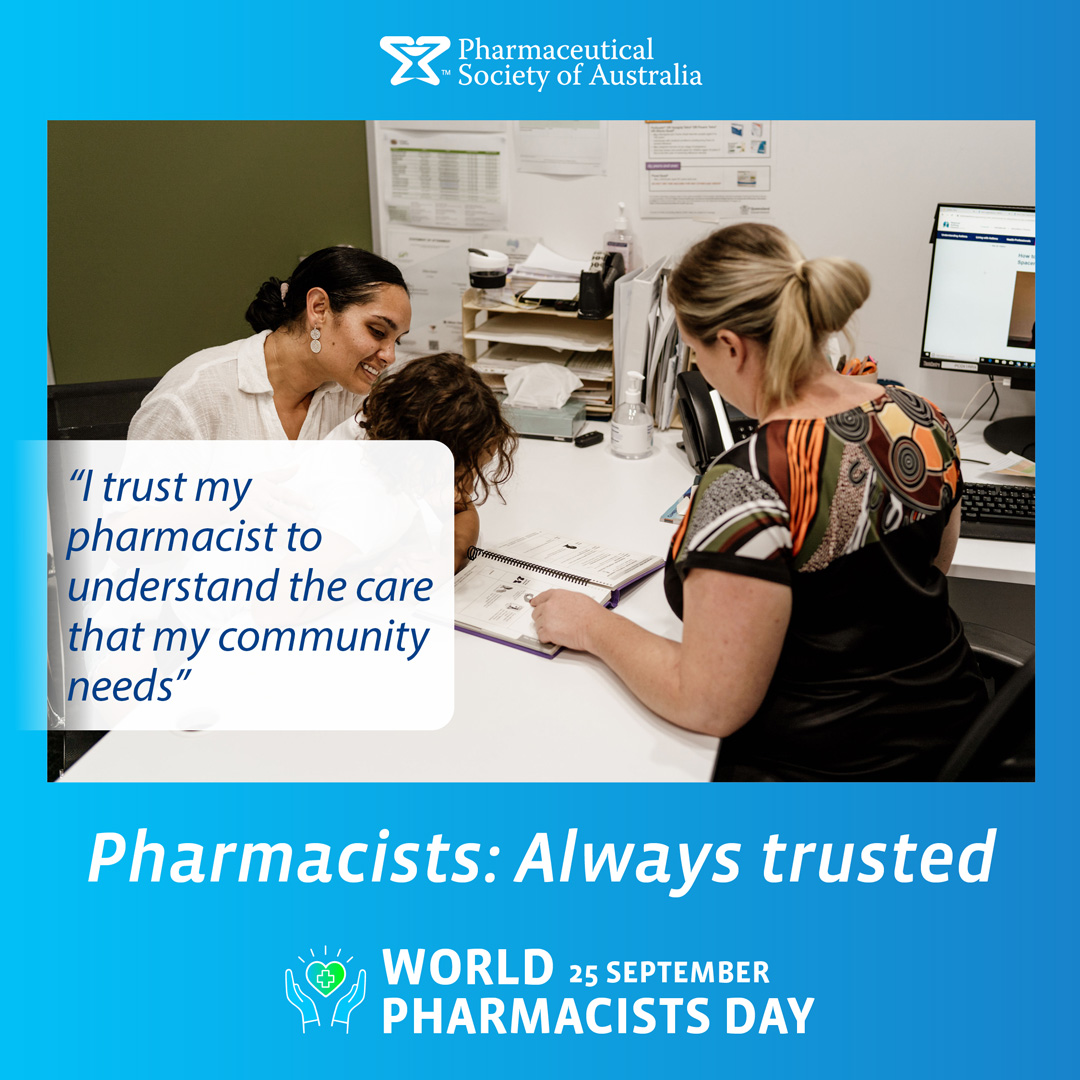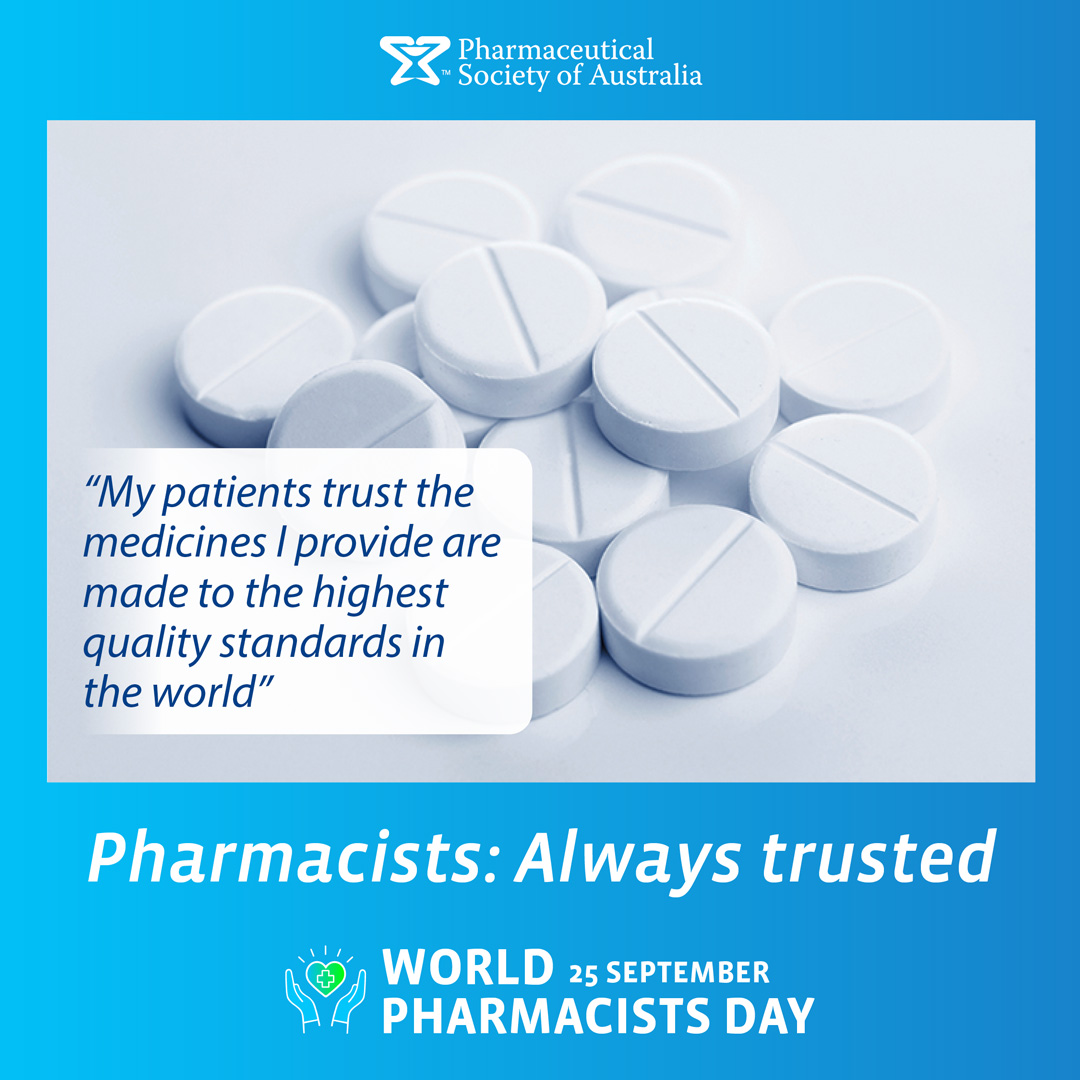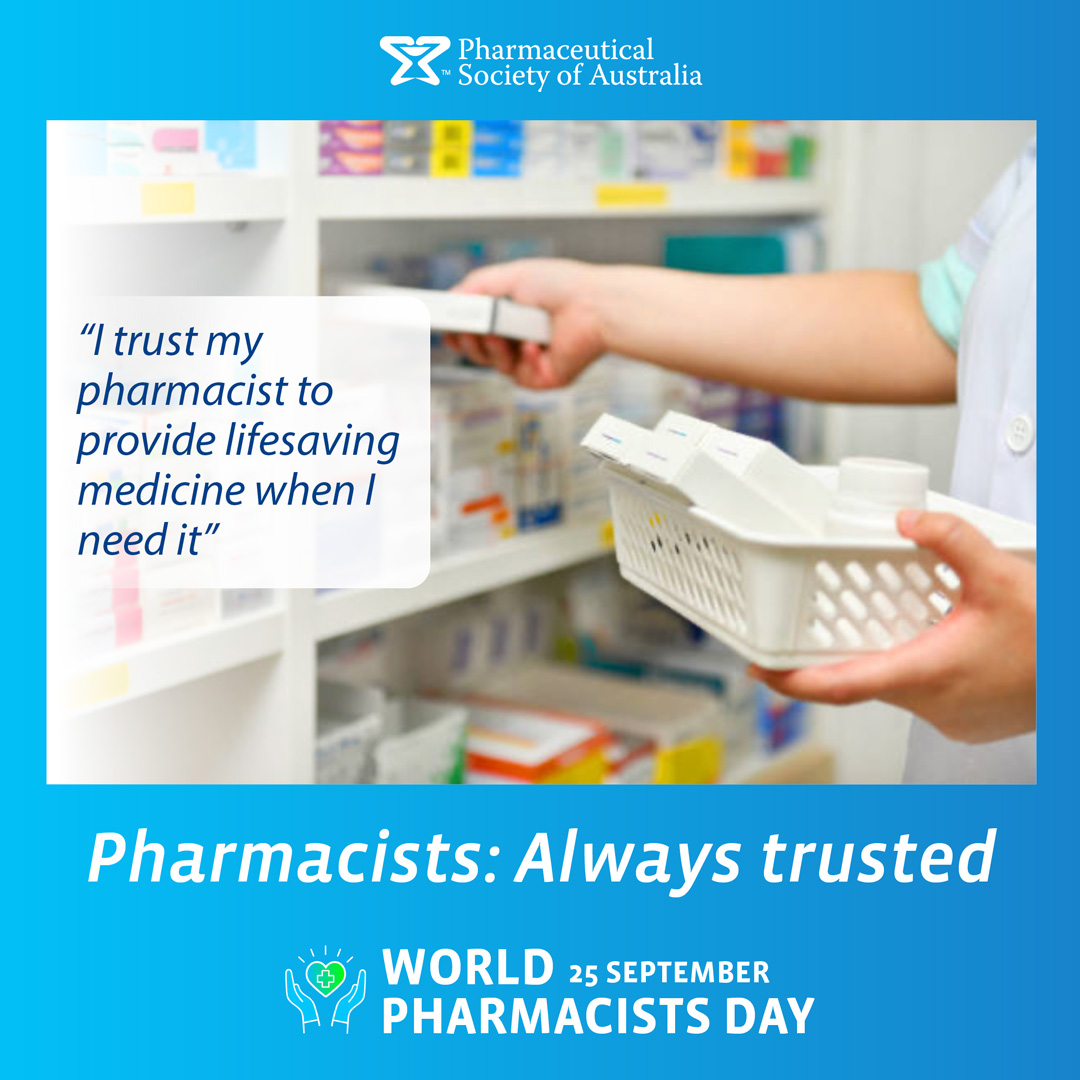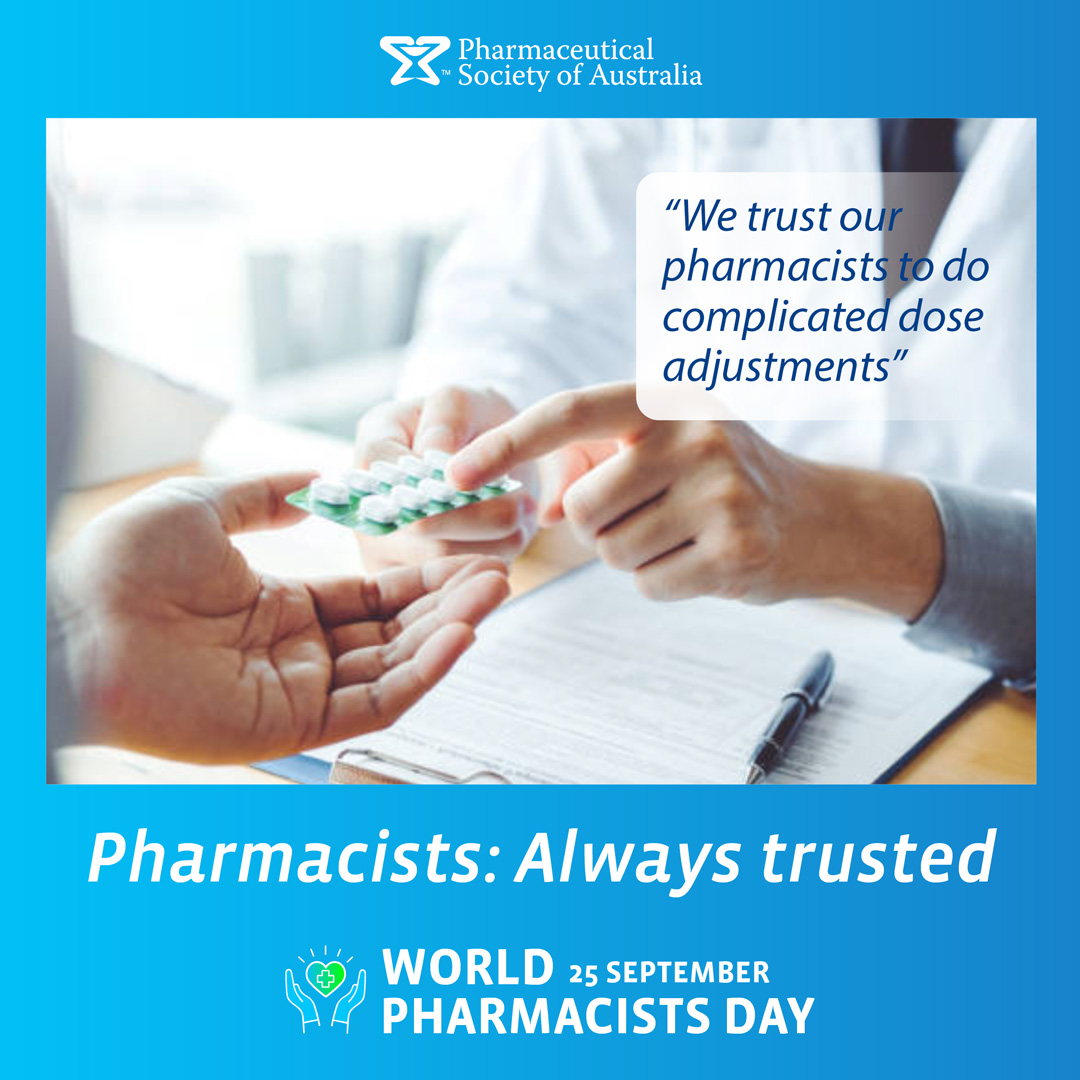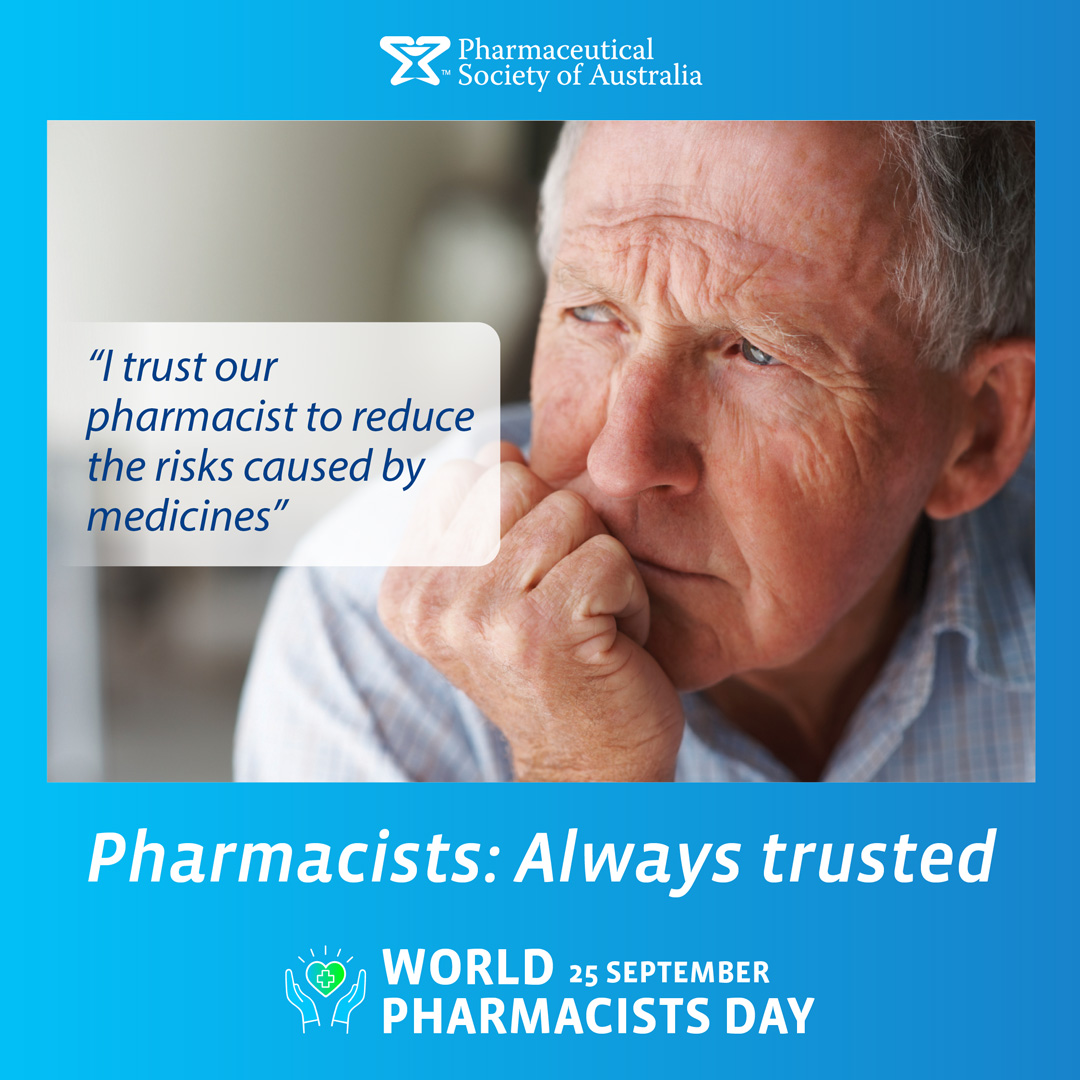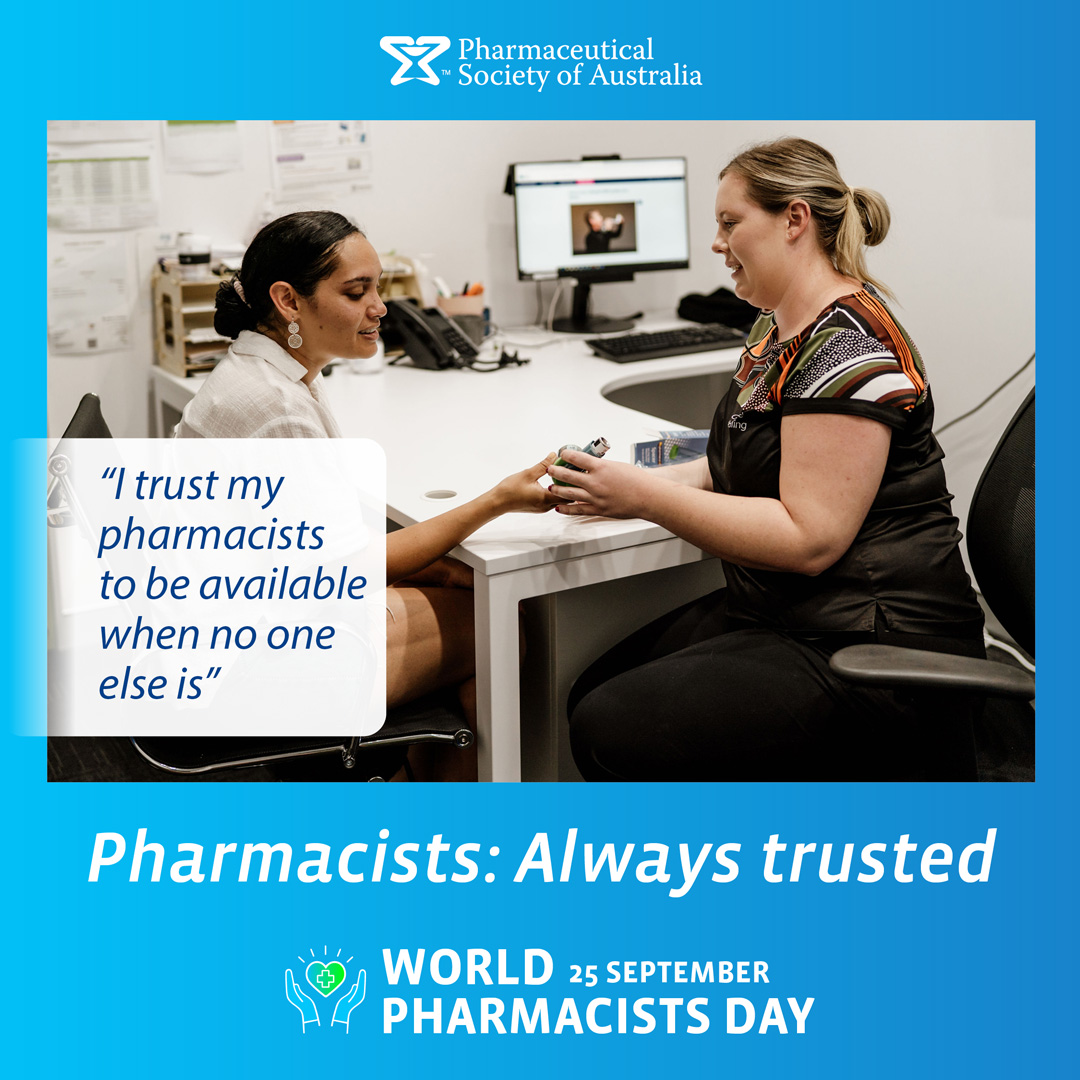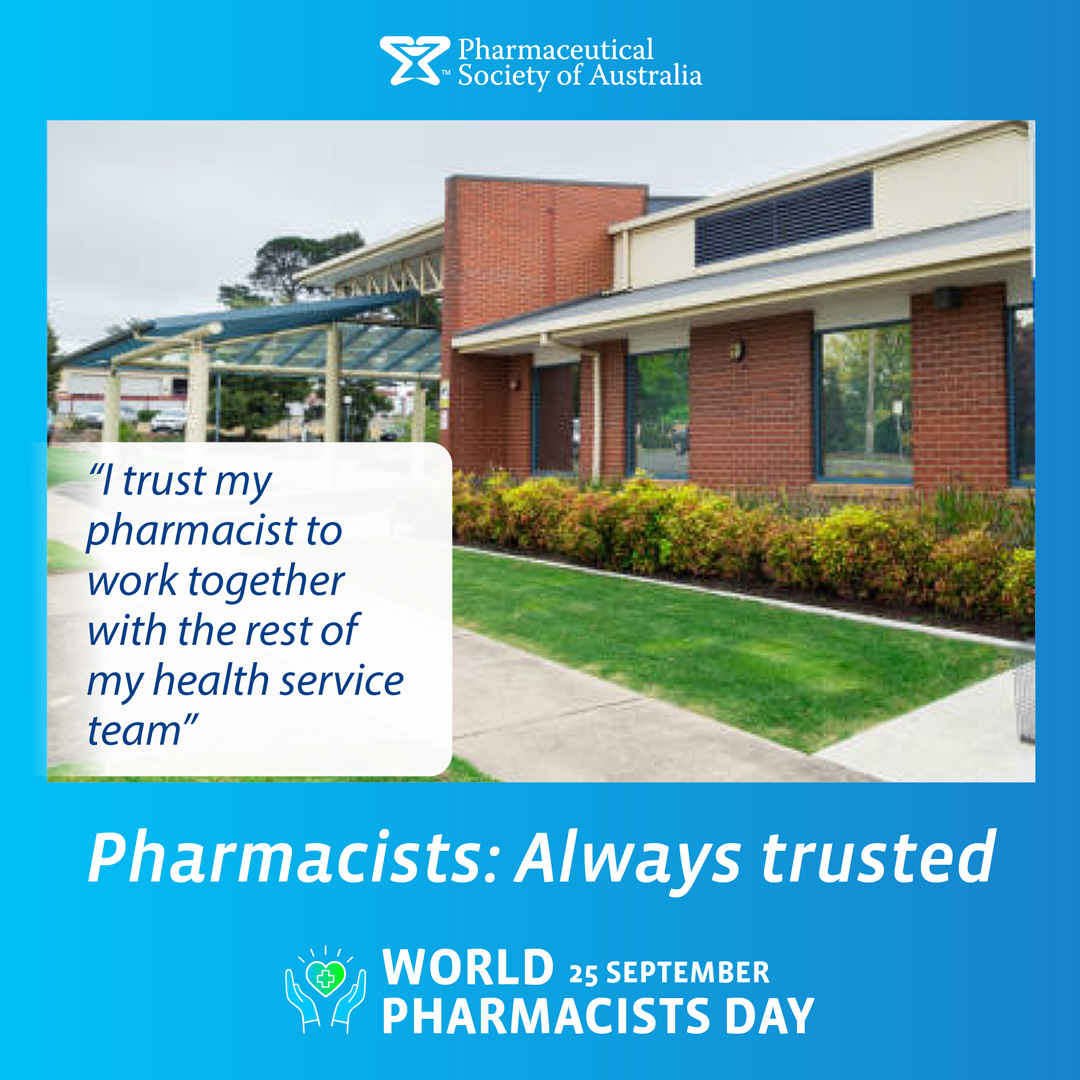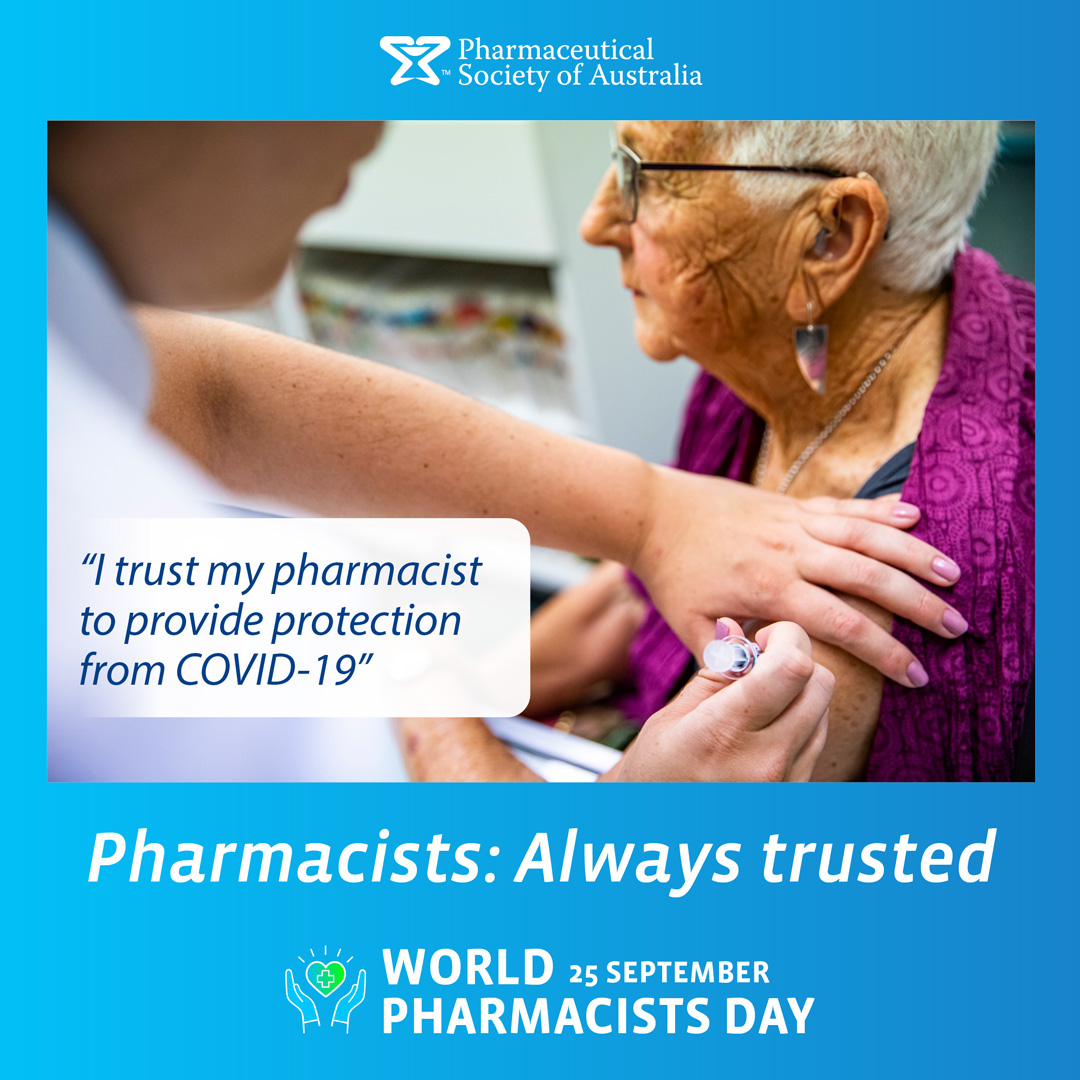QLD pharmacists ready to immunise +12 years against COVID-19
The Pharmaceutical Society of Australia (PSA) Queensland Branch welcomes advice from Queensland Health this week that pharmacists will be able to administer the Moderna vaccine to Queenslanders 12 years and older.
Moderna’s Spikevax vaccine is expected to start arriving at approved Queensland pharmacies by the end of next week, and in all approved pharmacies by the end of September.
PSA Queensland Branch also welcomed the removal of barriers in age and location of where a pharmacist immuniser can administer COVID-19 vaccines, allowing a greater number of pharmacists to contribute to the rollout, improving vaccine accessibility for Queenslanders.
PSA Queensland Branch President, Shane MacDonald, welcomed this announcement.
“Queensland needs the entire immunisation workforce to come together in order to meet COVID-19 vaccination targets, and this new advice from Queensland Health allows pharmacists to play an even greater role in the vaccination strategy.
“The Palaszczuk Government was the first to allow pharmacists to administer COVID-19 vaccines. It is great that Queensland is again showing leadership, with pharmacists able to administer any TGA-approved COVID-19 vaccine, in all location’s vaccines are provided, to all TGA-approved ages during the pandemic to support the COVID-19 vaccination strategy.
“PSA Queensland has a proud history of working productively with the Queensland Government and will continue to work closely with Queensland Health to maximise the utilisation of pharmacists,” Mr MacDonald said.
Approved pharmacies offering the Moderna vaccine from 12 years and older will be loaded on the COVID-19 Eligibility Checker later this month https://www.health.gov.au/resources/apps-and-tools/covid-19-vaccine-eligibility-checker.
Media contact: PSA media 0424 777 463
